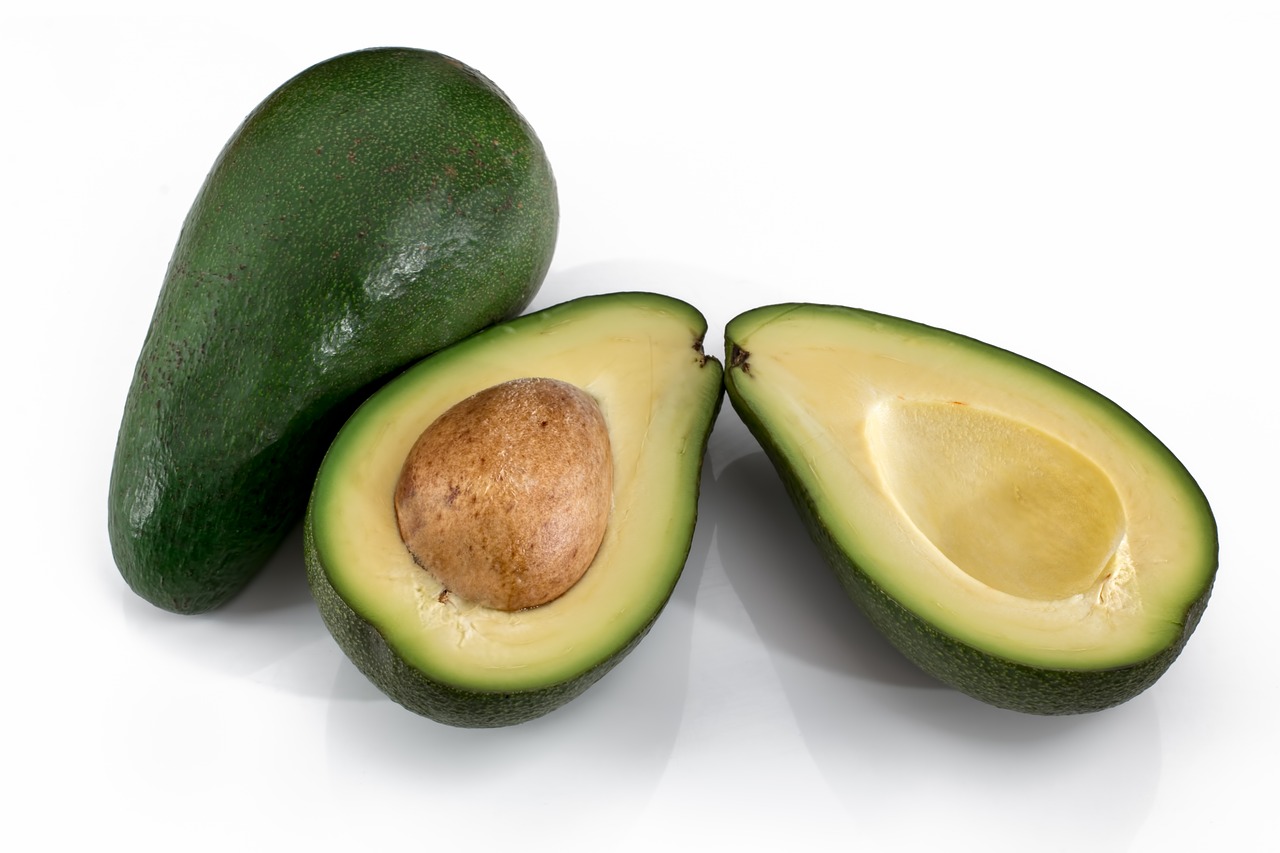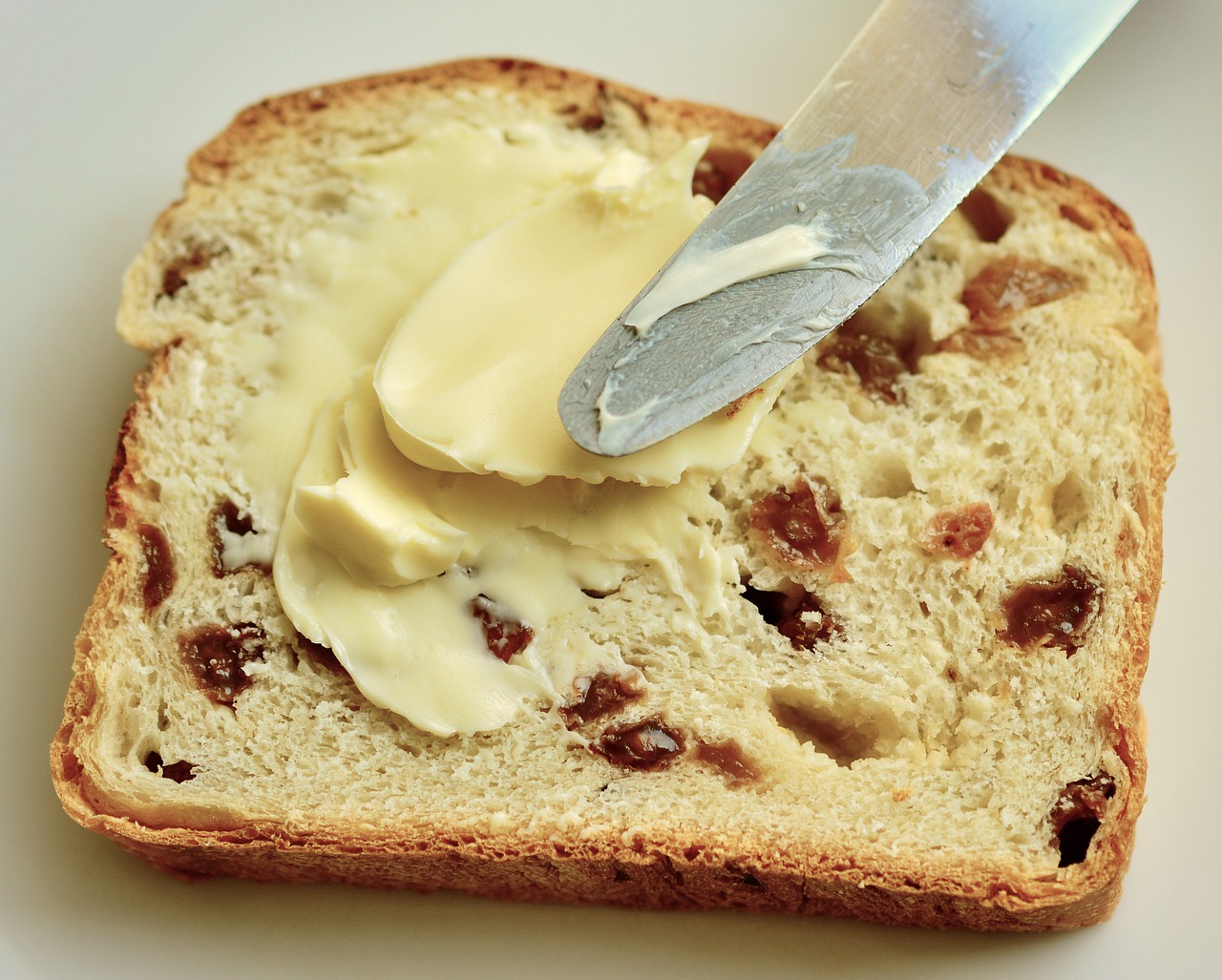Can Fatty Foods be Good for You?
Ah yes, the time old question: is eating this cake a healthy choice?
Probably not, but it puts a spotlight on what this article is all about: fatty foods and why we regard them as unhealthy. In this article, we’ll be breaking down what fat really is and why, surprisingly, fat doesn’t need to be feared as it is by society. Fat isn’t the true enemy of living a happy, healthy life. In fact, we need fat in our diet to survive.

What is Fat?
Like iron, potassium, and fiber, fat is a nutrient our bodies need to maintain homeostasis and remain healthy. What most people might not know is that dietary fats are crucial to giving your body the energy it needs to perform daily activities and supports cell growth.
Fat lines and protects your organs, keeps your body warm, and produces important hormones. While fat gets a bad rap from hundreds of medical studies, nutritionists, and dieticians, your body needs fat to survive.
There are four types of fat:
- Saturated
- Trans
- Monounsaturated
- Polyunsaturated

Saturated and trans fats tend to be regarded as bad fats. They occur naturally in many foods from animal sources, such as meats and dairy products. The prime example is butter.
Trans fats are found naturally, but the artificial variety is more commonly used. Trans fats are cheap to make in massive quantities and are popular among frozen food products and restaurants for some dishes. This is because trans fats give foods a desirable taste and texture. However, excessive consumption of trans fats can increase your cholesterol levels and increase your risk of type 2 diabetes and heart disease.
Unsaturated fats can have a beneficial effect on your heart and body when eaten in moderation, and generally should be used to replace trans and saturated fats in your diet. The prime example is vegetable oil.
Monounsaturated fats can help reduce bad cholesterol levels in your blood which can lower your risk of heart disease and stroke. They also provide nutrients to help develop and maintain your body’s cells.
Polyunsaturated fats also provide the body essential fats it needs but can’t produce itself—such as omega-6 and omega-3 acids.

What Do We Need Fat For?
Like all things in life, fat should be taken in moderation. Eating too many fatty foods will lead to weight gain and can increase the risk of heart disease, stroke, diabetes, and more.
However, as I mentioned above, our bodies need fats in our diet to survive. I already spoke about how unsaturated fats can provide the body essential nutrients it needs but cannot produce itself. Fat, however, is also a great source of energy.
One gram of fat, whether it’s saturated or unsaturated, provides the body with 9 calories. Calories, of course, are essentially the fuel your body utilizes to keep you operating at peak performance throughout the day. We all know the dietary guidelines by the government: intake more calories than your recommended daily average and you will gain weight. You might lose weight by consuming fewer calories.
I don’t recommend eating less than your daily recommended calorie level unless you’re undergoing a very specific exercise program or diet. Otherwise, stick to the normal 2000 calories a day or so.
Tangent aside, fat provides more than twice the number of calories than carbs and proteins, which only provide four calories per gram. The key message to understand here is to maintain the proper balance. For instance, combine polyunsaturated fats from almond butter on a slice of whole grain bread for a great breakfast or pick me up snack.
Consuming fats have also found to help regulate your appetite and increase your feeling of being sated by eating food. According to some studies, adding a small amount of unsaturated fat to a meal slows down the rate at which your stomach empties during digestion. The longer food remains in your stomach, the longer you’ll feel full.










